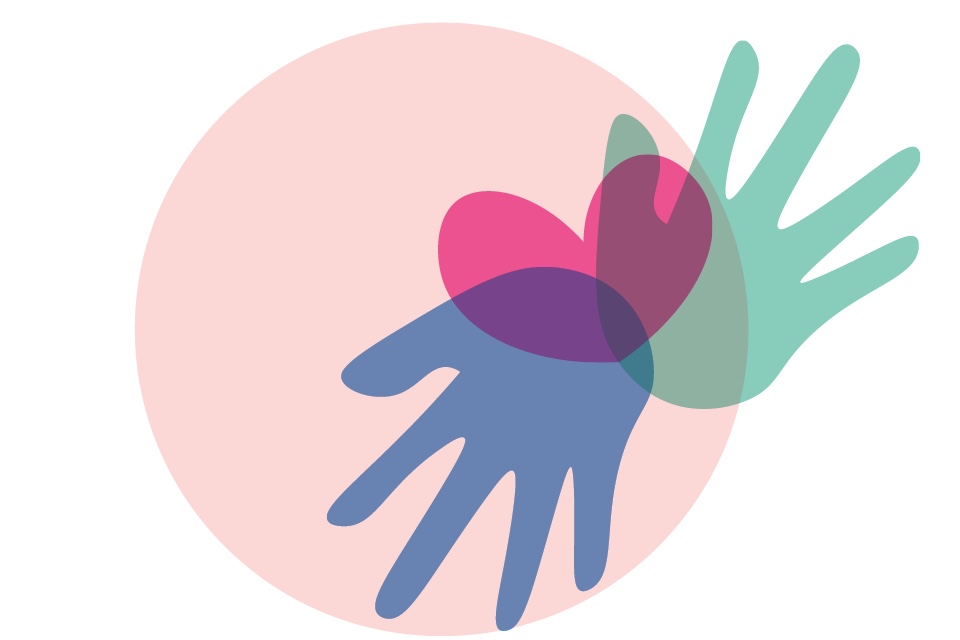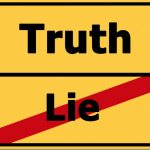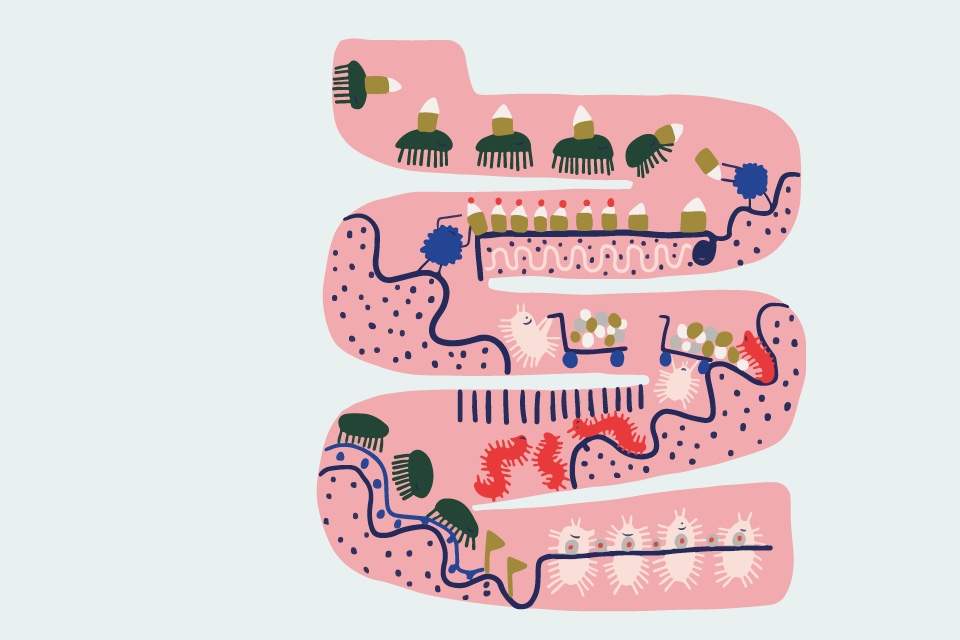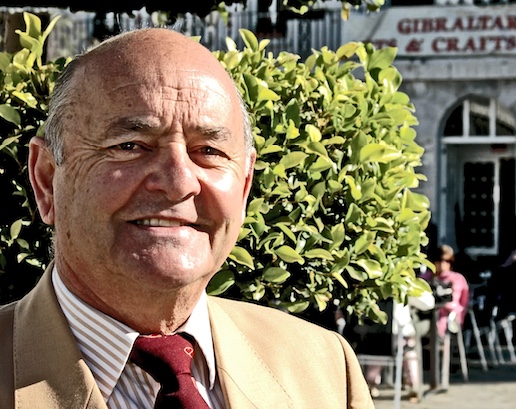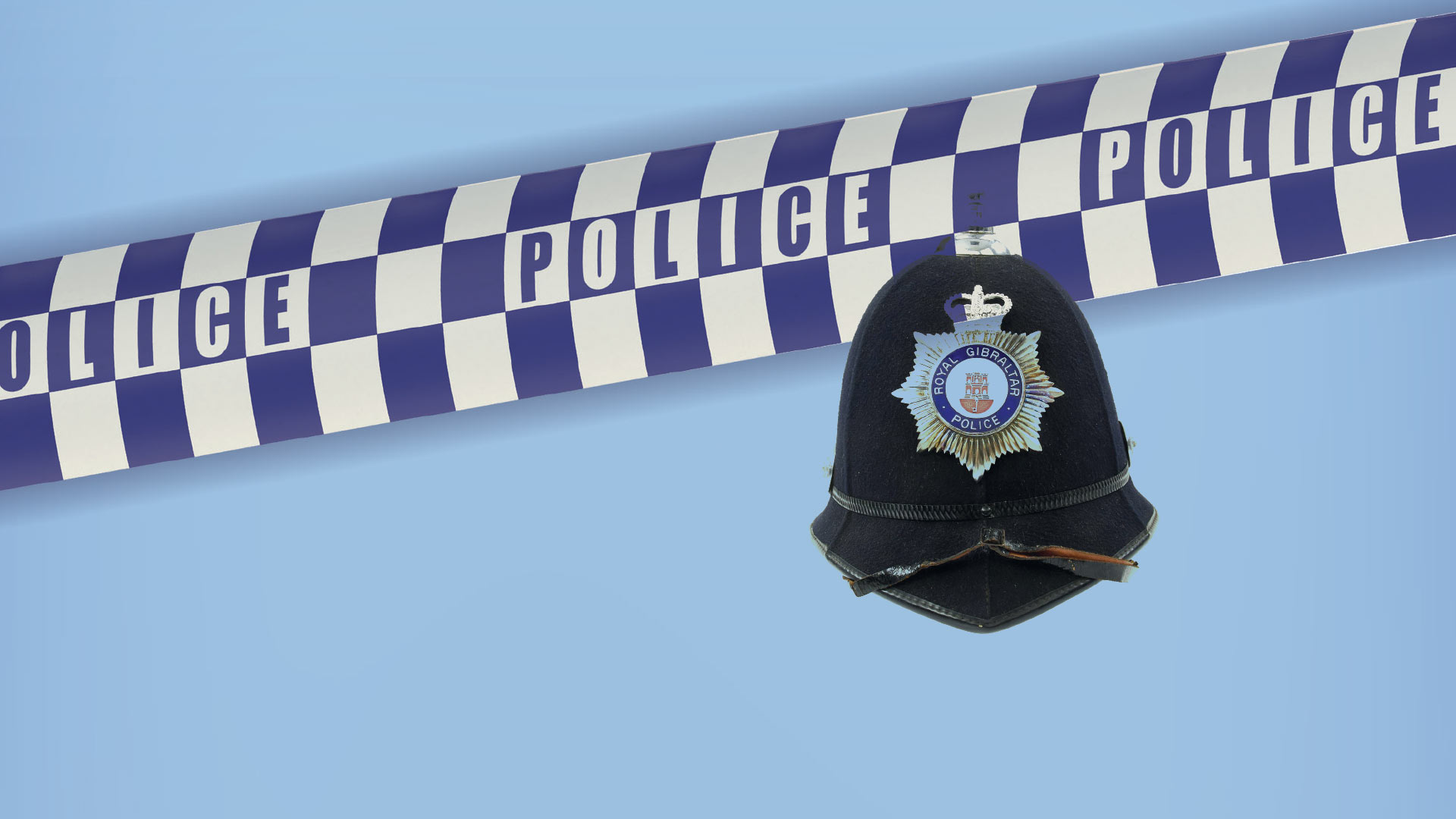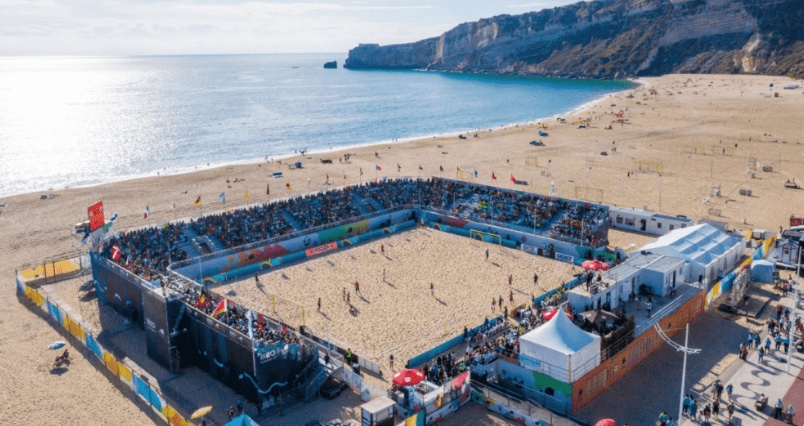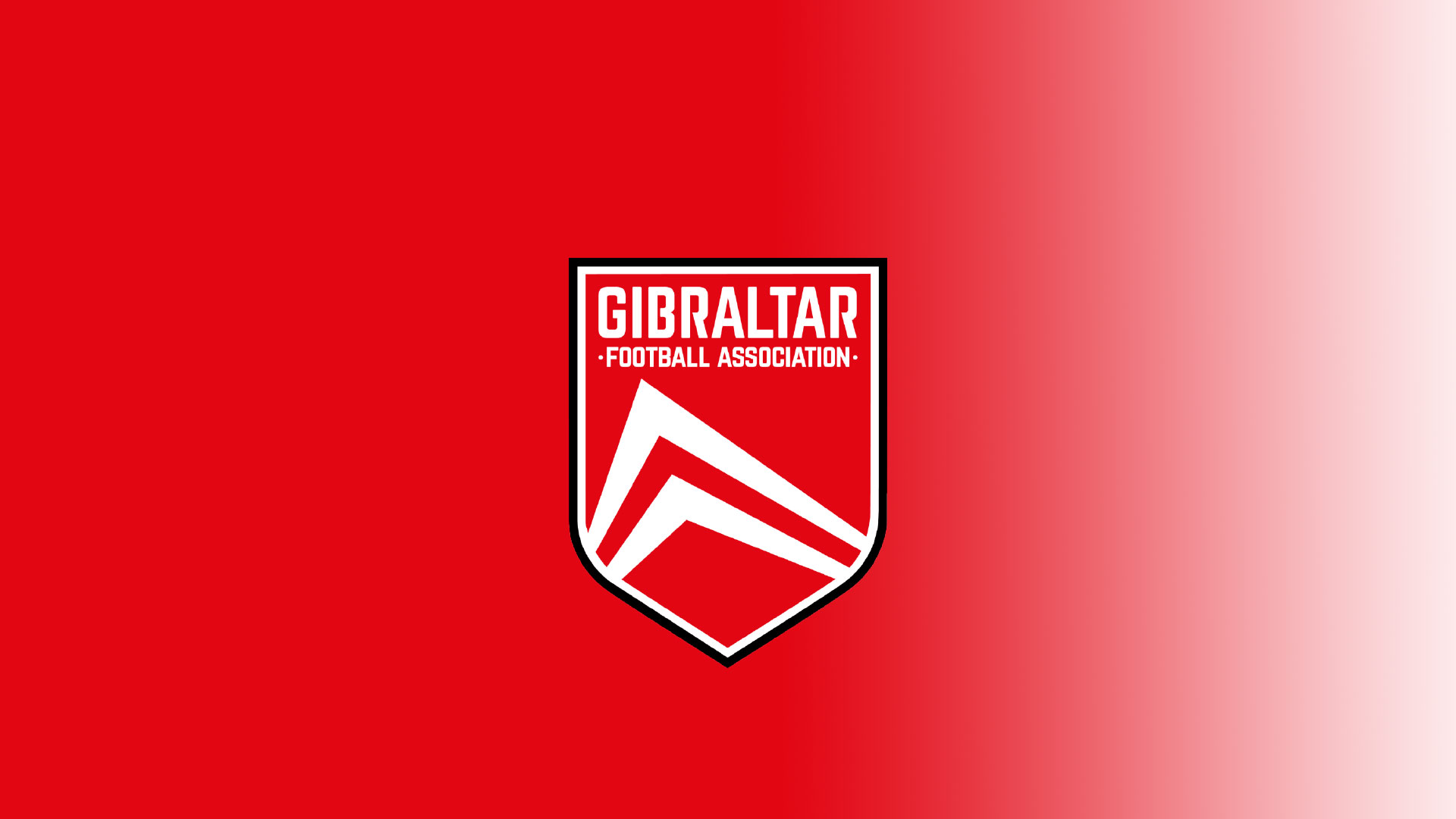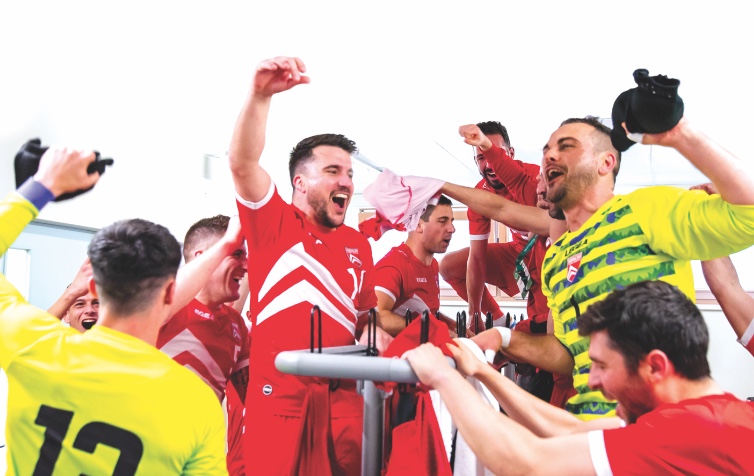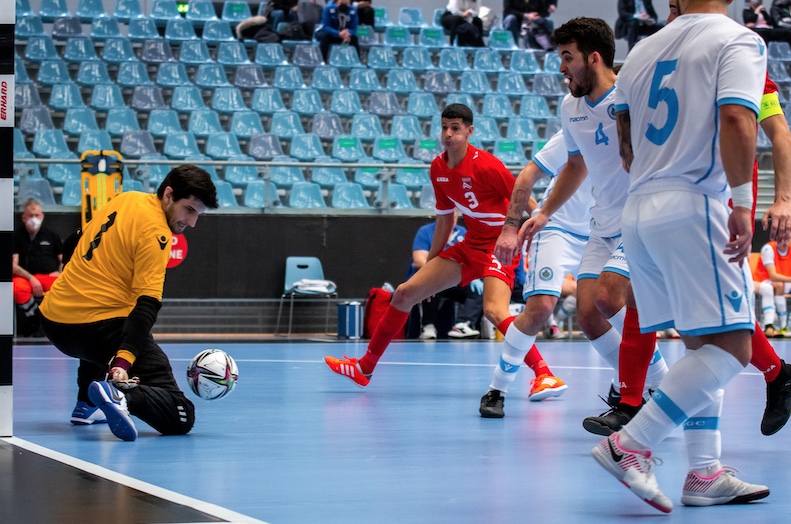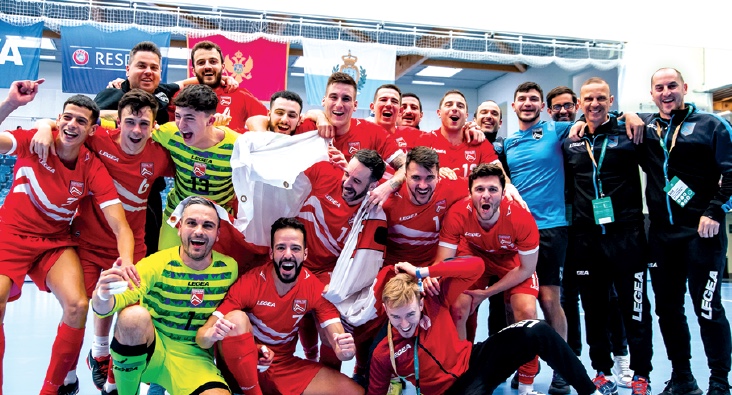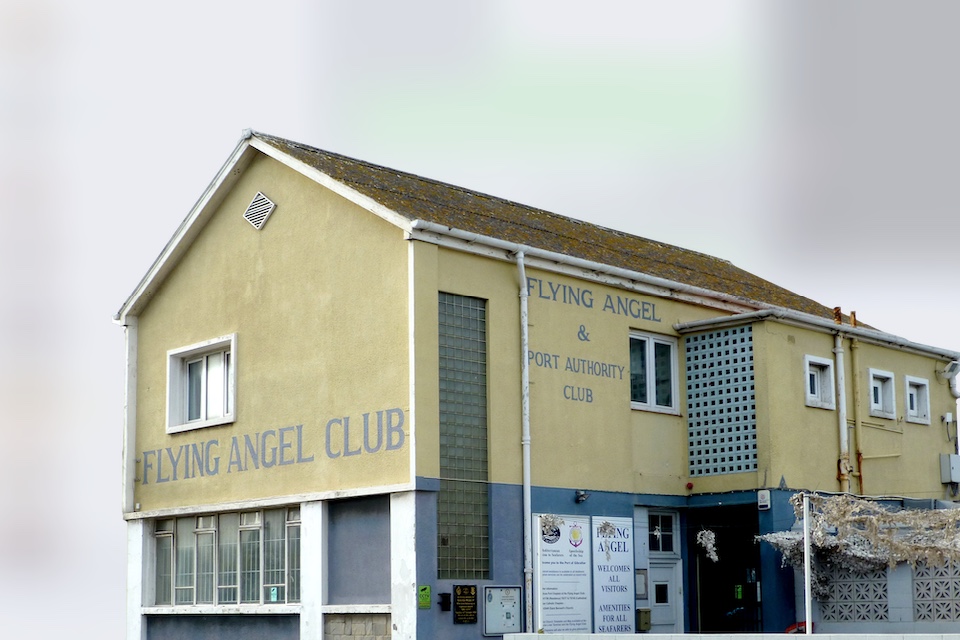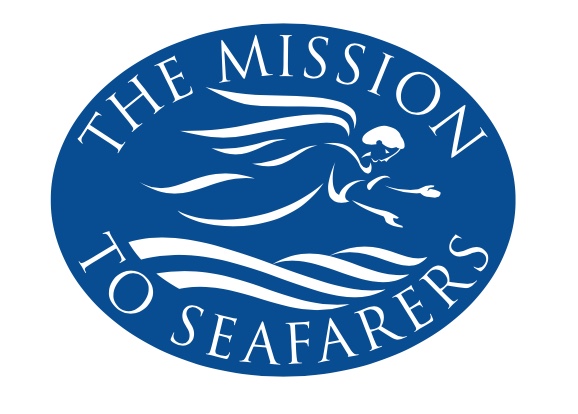The power and purpose of Forgiveness
Forgiveness is an intriguing concept and one which I believe to be much misunderstood. It is also one of those ‘concepts’ which gets bandied about in new age circles as an essential part of our ascension process and therefore something we can do in meditation or in a workshop afternoon with some quality ‘ommming’ at the end to complete the emotional release. I find this nice but not very practical and I like practical… particularly when it comes to spiritual matters. But I do believe, wholeheartedly, that forgiveness is indeed essential for our personal growth and spiritual development.
Forgiveness is a conscious, deliberate decision to release feelings of resentment or vengeance toward a person (or group) who has harmed you, regardless of whether or not they actually deserve your forgiveness. (Dictionary definition).
So why would we forgive? And how do we forgive?
Studies have found that the act of forgiveness can reap huge rewards for your health, lowering the risk of heart attack; improving cholesterol levels and sleep; reducing pain and blood pressure, along with levels of anxiety, depression and stress.
In the first instance, it is important to be aware that forgiving someone is for your benefit, not theirs. The process of forgiveness and the release of thoughts and feelings that have kept you tied to the past can be done without the other person’s participation. Forgiveness allows you to let go of the regrets or resentments that eat up your valuable energy. There often follows the commonly held belief that the person who committed the offense must earn forgiveness. Not so. That is simply the ego telling us that we are better and more righteous and that is not what forgiveness is about.
We do well to remember that good people sometimes make bad decisions but that does not make them bad people – it just makes it a bad decision. When we carry bad feelings, they take over our spirit, our identity and our future. Think about the amount of energy and emotion we invest in holding on to past hurts and injustices, thereby ensuring that they play an informed role in our future experiences! We become the product of resentment, anger, hate and vengeance because we have given them the power to stay alive within us. Thus, we hold back our acceptance and love for ourselves as well as our ability to love and accept others.
There is an old Indian tale of the two wolves that reside within us. A good wolf and a vicious one. They are always at war with each other. The child asks his granpa .. which wolf wins? And granpa answers, Whichever one you feed the most.
So, yes, we forgive for ourselves but I believe it is more than that. I believe that real forgiveness rises above us and happens on a soul level. That is where the real power of forgiveness lies and therefore the purpose of forgiveness is to ascend to higher levels of spiritual awareness and recognise that we are all one. We are all I AM. Each of us a part of the great cosmos like tiny pinheads of light lighting up each other and bringing our energy together to overcome the darkness that is working so hard to envelop us.
As spiritual beings having a physical experience, we are not our bodies. The spirit/soul continues long after the body has completed its job. The body is the temple of the soul … to be loved, cared for and looked after in order to do its job the best it can. Like my friend who tidies his car and thanks her for taking him safely from here to there and back. Gratitude. Respect. Your spirit deserves the very best place to live so it too can do its best job in this lifetime as the human person that you are at this time.
We came from spirit, from Source and we are perfect. We did not come into the body knowing shame or self-persecution. That is learned behaviour. Same with resentment and anger. Those who taught us got off track along the way, separated from their soul and behaved towards us in such a manner that they knew not what they did. This does not mean that what they did was ok or acceptable but it is their karma to work through not ours to carry. That only weighs us down. When we can remain connected to our spiritual essence then we can tap into our heart space and that which makes us great and, in this way, we can be sure that the good wolf will win.
How to forgive may be the most difficult part but we can simplify it. We don’t need to overthink it. It can be broken down into three steps. First of all, refuse to hate. Obviously not quite as easy as it sounds but you can start by repeating those three words. Over and over and you’ll soon catch yourself in action and then it’s ‘ooops . . let’s start again’. Next comes, learn to learn. when our buttons get pressed or some uncomfortable, painful stuff comes up, choose to learn from it. Again, this can be easier said than done and certainly takes work but is well worth it. And third, can you commit to seeing light in that person? Remember we are all spiritual beings, albeit at different stages of development, but all with light lurking in there even if it is well hidden.
So, choose love, choose forgiveness and remember that some people come into your life as blessings and some come into your life as lessons. And lessons are blessings too.
Kate Mchardy MA(Hons) PGCE MSPH Spiritual coach, teacher and healer. katemch@gmail.com / Tel: +44 7712889534. Facebook: The University of Light Group / Readings at The University of Light (@tarotangelspiritreadings).

